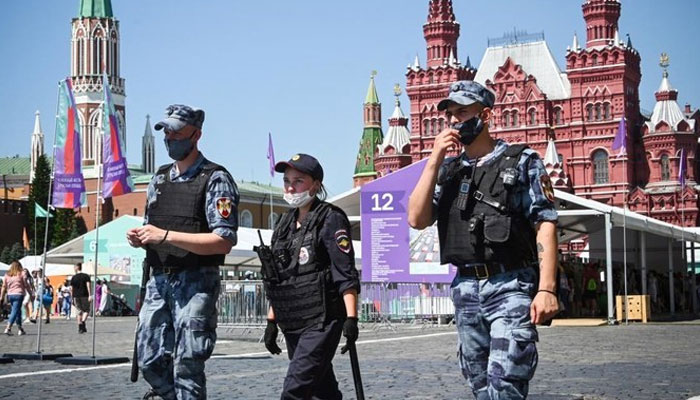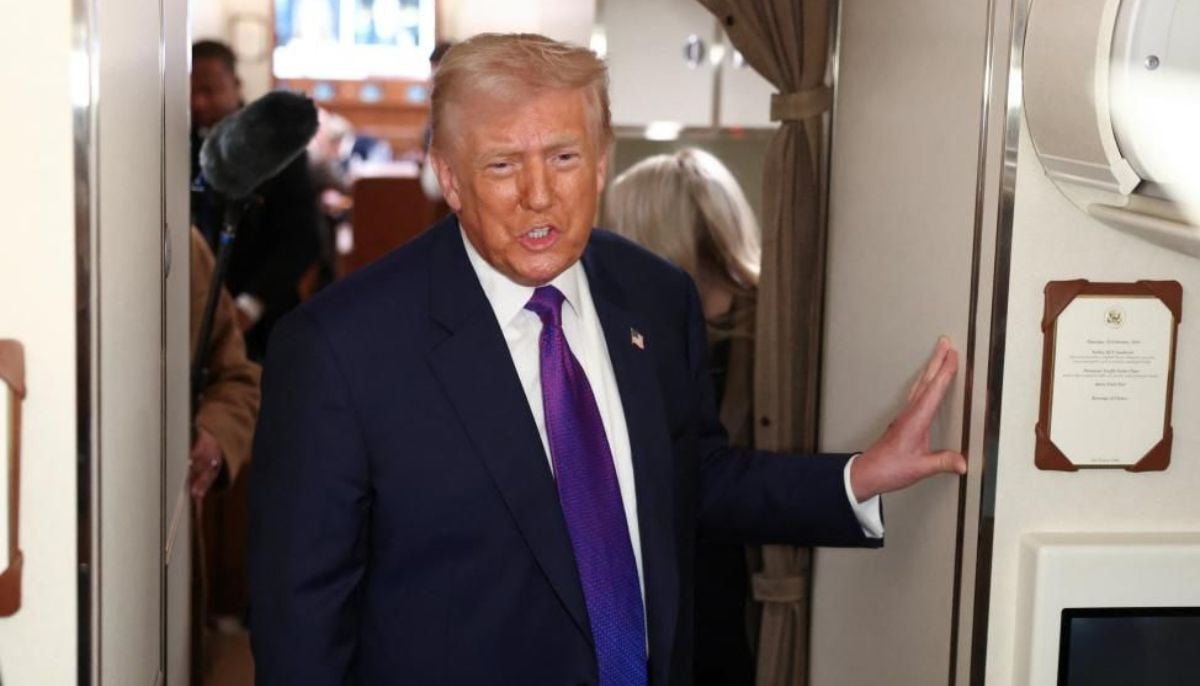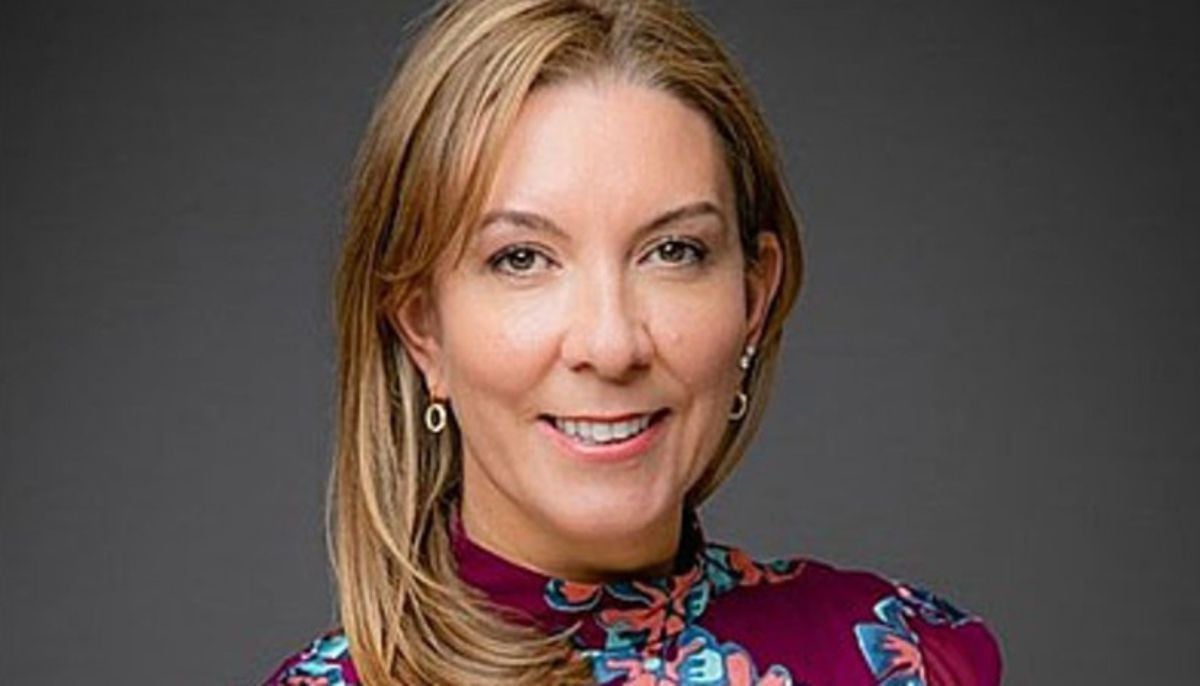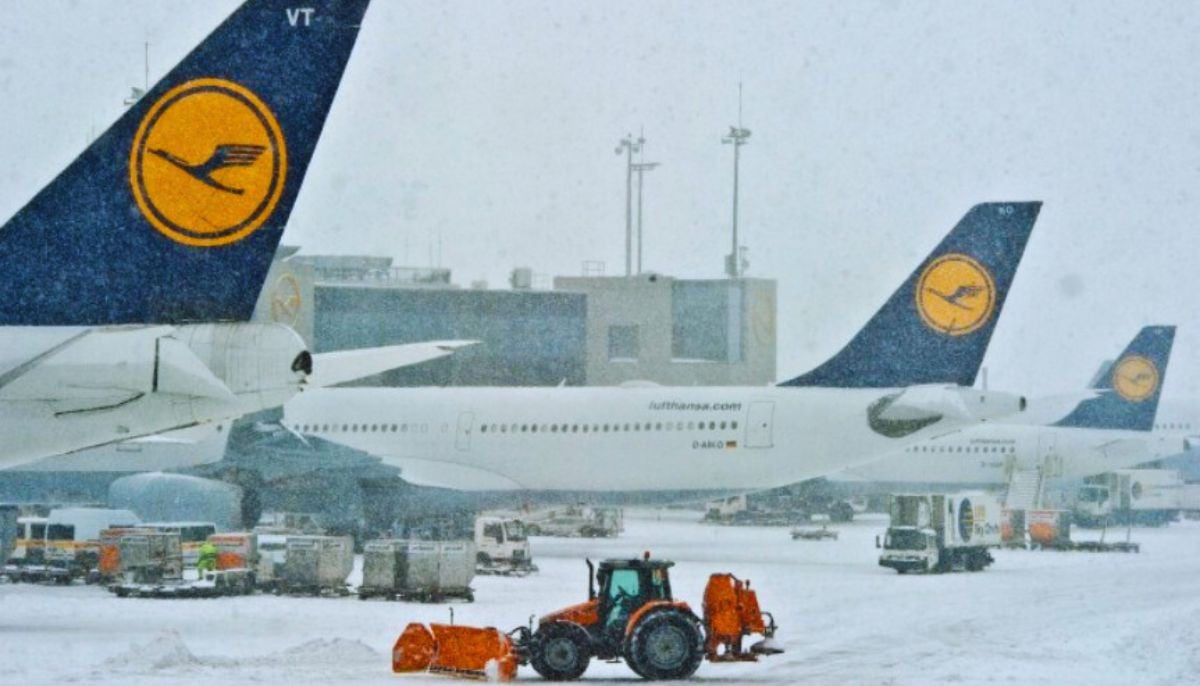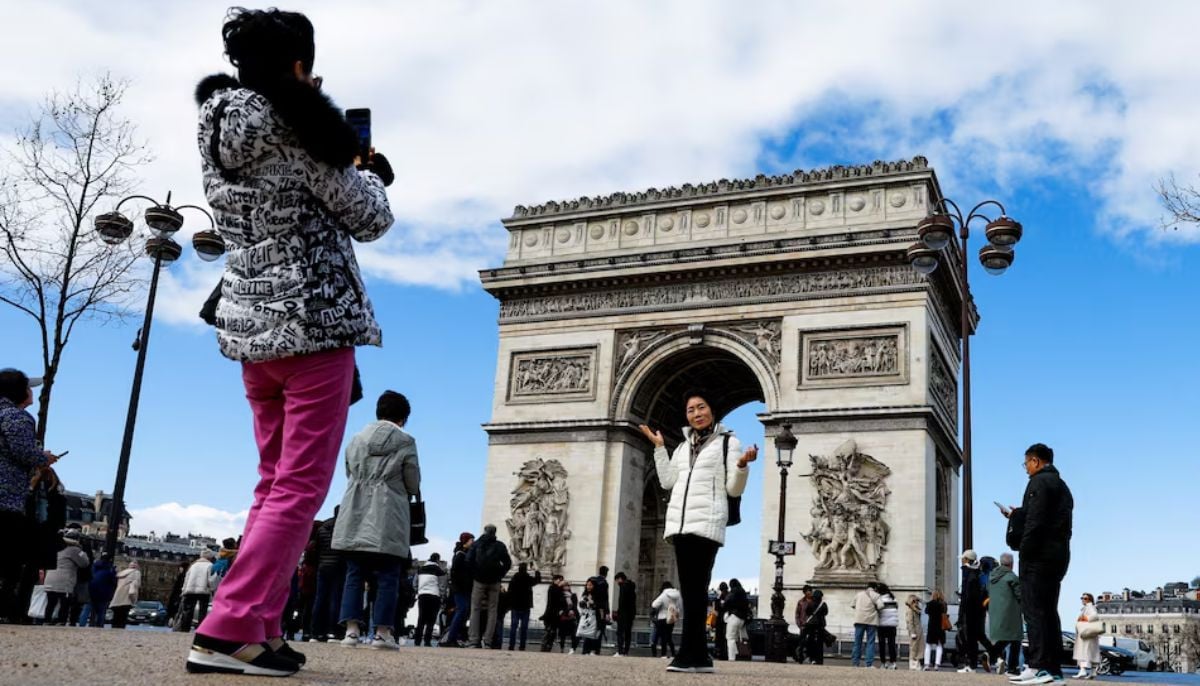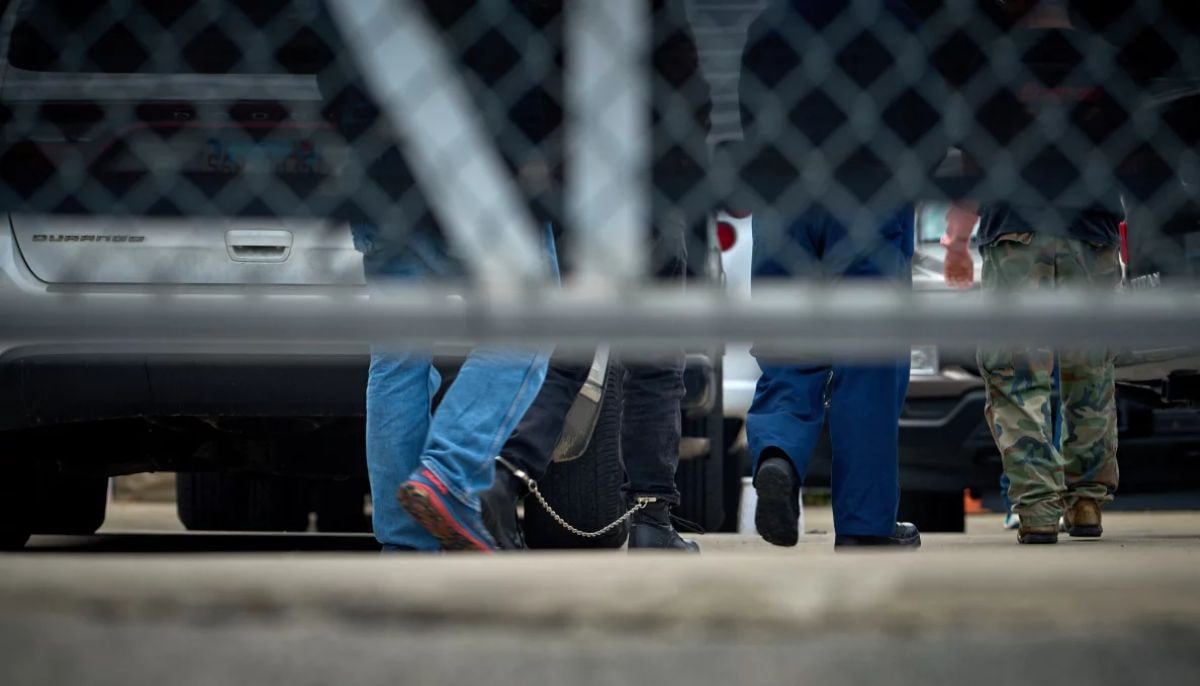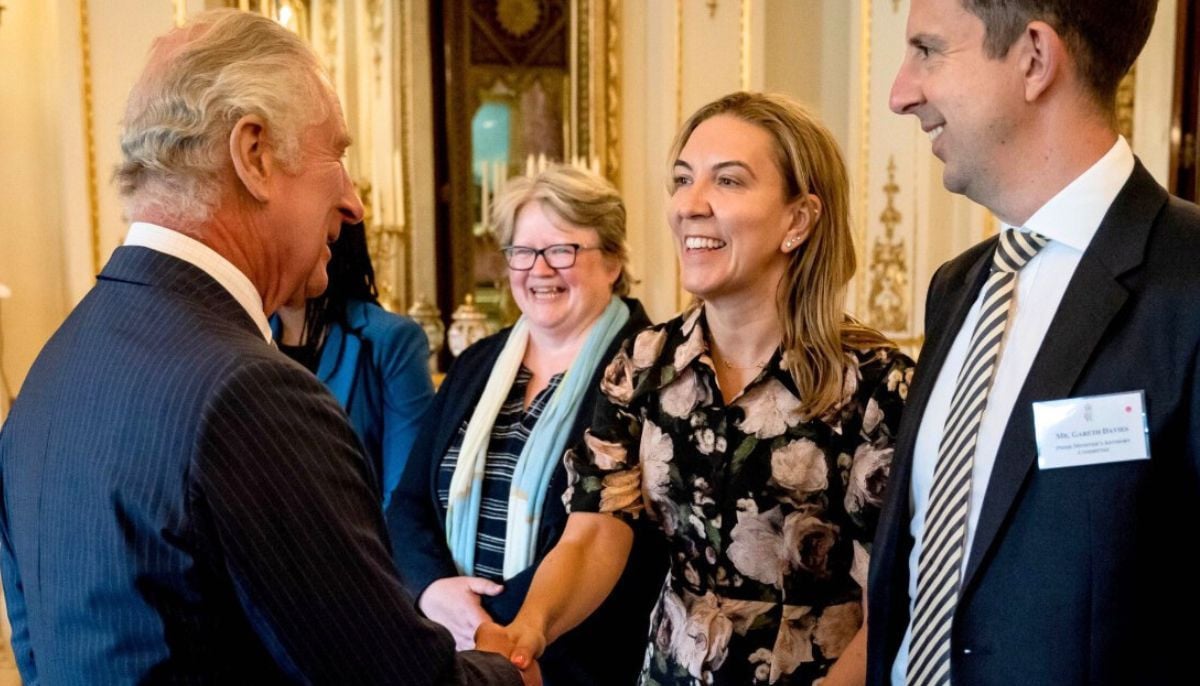Moscow imposes tight travel restrictions on UK diplomatic personnel in Russia
Most British diplomats will be required to provide five days' notice and travel details if they wish to go beyond a 120-kilometre radius
The Russian foreign ministry has imposed strict travel restrictions on British diplomats operating within the country as a result of growing tensions between the two countries over support for Ukraine.
Most British diplomats will now be required to provide at least five days' notice and detailed travel information if they wish to venture beyond a 120-kilometre radius. The move is seen as a diplomatic manoeuvre reminiscent of the Soviet era, impacting the movement of foreign personnel.
The Foreign Ministry summoned UK charge d’affaires Tom Dodd to announce the policy, saying that it was a response to "the hostile actions of London, including hindering the normal functioning of Russian overseas missions in the UK." The ministry also expressed dissatisfaction with the UK's support of "the terrorist actions of the Kyiv regime," referring to Britain's strong backing of Ukraine during the ongoing conflict with Russia.
The new restrictions will apply to most UK diplomatic personnel, with only the British ambassador and three senior diplomats exempted from the measures. The diplomats will be required to provide extensive travel details, including the purpose of their trip, the planned route, accommodations, and contacts within Russia. The resulting bureaucratic demands are expected to make travel for diplomats both time-consuming and cumbersome.
A spokesperson for the UK Foreign Office disputed the Russian foreign ministry's claim that the senior British diplomat had been "summoned," asserting that the meeting was planned and held at the UK's request as part of standard diplomatic practice. However, the Russian authorities remain adamant that the restrictions are necessary due to the UK's alleged interference with Russian diplomatic offices on British soil.
The move signifies an escalation in tensions between the two nations following Russia's invasion of Ukraine. Despite their differences over the ongoing war, both countries have continued to operate diplomatic missions within each other's territories. However, Russia's imposition of strict travel regulations is a clear demonstration of their disapproval of the UK's actions.
For diplomats stationed in Russia, these restrictions are expected to add significant challenges to their daily operations. Although the Vienna Convention mandates "freedom of movement and travel in its territory" for accredited diplomats, some authoritarian states often find ways to impose subtle barriers to hinder diplomatic activities.
This recent development is likely to strain diplomatic relations further and may prompt the UK Foreign Office to consider its response. As the situation continues to evolve, both nations will have to carefully navigate the delicate balance between asserting their interests and maintaining diplomatic decorum. The impact of these travel restrictions on bilateral relations remains uncertain, but it is evident that tensions are on the rise between Russia and the UK.
-
Nancy Guthrie kidnapped with 'blessings' of drug cartels
-
Heavy snowfall disrupts operations at Germany's largest Airport
-
France sees record 102mn international tourists in 2025
-
ICE deports Congolese mother despite fears she could be killed
-
Keir Starmer appoints 'Dame Antonia Romeo' as first female head of UK service
-
Russia sounds alarm over Iran tension as US forces surge in region
-
France on red alert: Storm Pedro batters southwest following record 35 day rain streak
-
Headway made in Nancy Guthrie case: report
